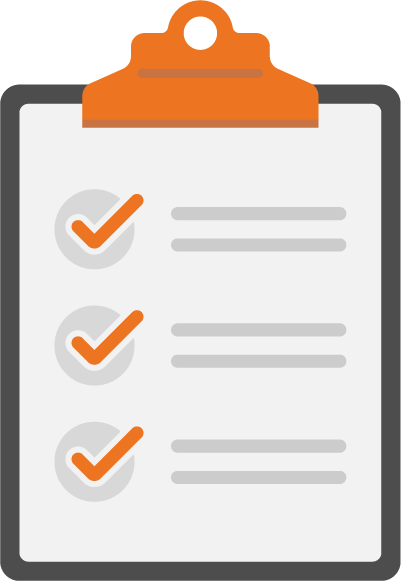
Coronary Artery Bypass Graft (CABG) Surgery
If one or more of your coronary arteries (the vessels that carry blood to your heart muscle) are blocked, blood can’t flow to your heart, putting you at risk of a heart attack. Coronary bypass surgery is an open heart surgery that restores blood flow to your heart muscle by diverting the flow of blood around the blockage.
At the Sarvanand Heart & Brain Center at Memorial Hospital, our team of cardiovascular surgeons has the experience patients can trust when undergoing heart surgery.
What to Expect During Coronary Artery Bypass Surgery
Coronary artery bypass surgery creates a path for blood to flow around a blockage and helps prevent a heart attack. Here's what to expect:
- First, a healthy blood vessel (graft) is taken from another part of the body. If you have more than one blockage, more than one graft may be needed.
- While one member of the bypass team is getting the graft, another member works to reach your heart. First, an incision is made in the chest. Then the breastbone (sternum) is pulled apart. The breastbone is held open throughout surgery. This puts pressure on the nerves of the chest. This is why you may have soreness and muscle spasms in your chest, shoulders, and back during recovery.
- Your doctor makes a small opening in the coronary artery, below the blockage.
- Once the graft has been sewn to the aorta, blood will start flowing through this new pathway to bypass the blockage. If you have multiple blockages, more than one bypass may be done.
- Lastly, your breastbone is rejoined with wires. These wires will stay in your chest permanently. Your doctor then closes the incision.
- You will be taken to the intensive care unit to begin your recovery.
Coronary artery bypass surgery can be done with the heart still beating (off pump) or with the heart still (on pump). Your surgery team can tell you more about which type of cardiology procedure you will have.
Learn more
At Sarvanand Heart & Brain Center at Memorial Hospital, our expert cardiovascular surgeons develop personalized cardiology treatment plans for every patient. To find a cardiologist, cardiovascular specialist, or primary care physician, please call (661) 324-7070 or use our online Find a Doctor tool.
At risk for heart disease?
Heart disease comes in many forms and can affect people of any age, gender, or ethnicity. In fact, heart disease is the leading cause of death in the United States. The more you can learn about your heart health, the better. Knowledge is truly powerful medicine that helps you understand your risks and take action to lessen your potential for problems. It can lead to early detection, and most importantly, to early treatment and better outcomes.
Take this quick assessment to:
- Understand symptoms, causes, and types of heart disease
- Determine your risk factors for developing heart disease
- Learn which lifestyle factors can decrease your risk

